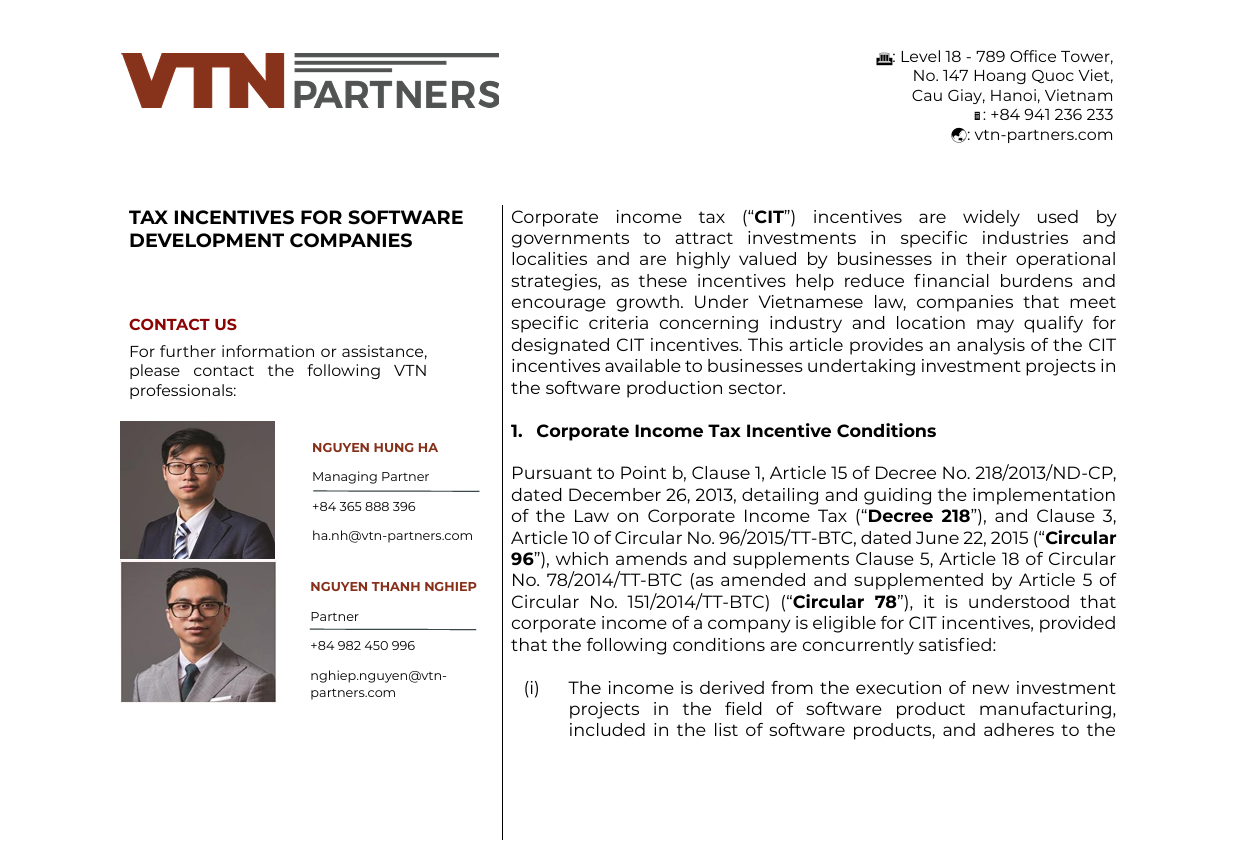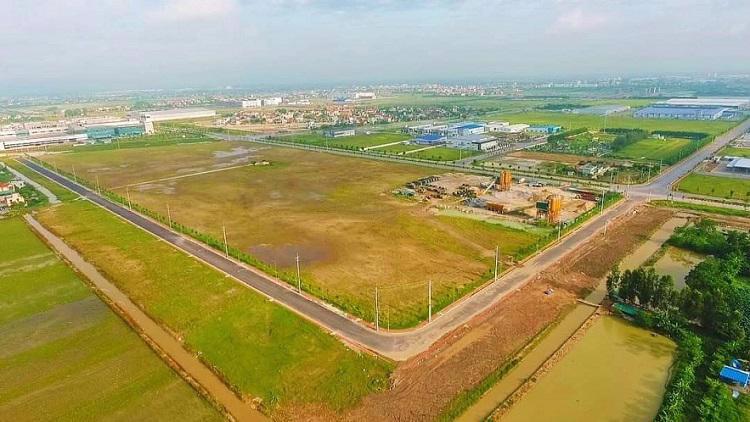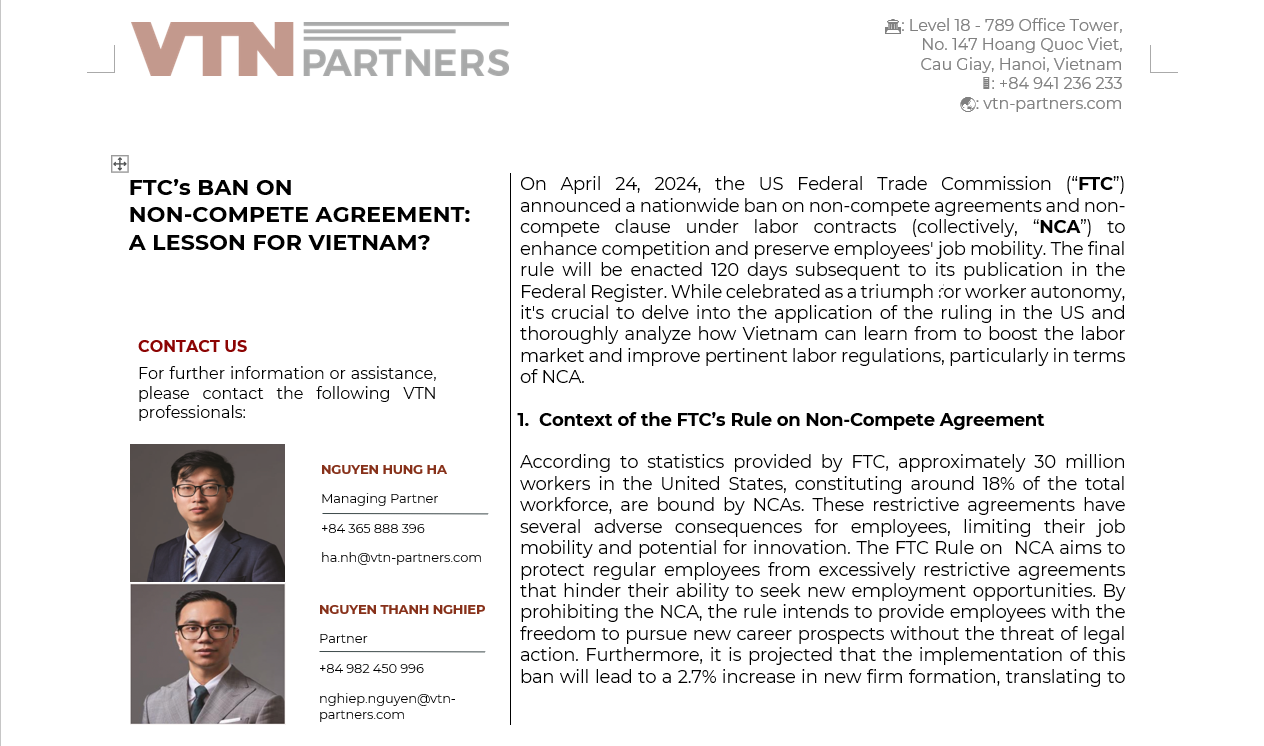Commercial banks and foreign bank branches in Vietnam (banks), if permitted, can provide derivative products to other legal entities for the purpose of hedging against risks in their underlying transactions and risks arising out of the balance sheets of the banks. Particularly, interest rate swap is, amongst, the most common derivative transaction between banks and other entities.
Interest rate swap agreement must have requisite contents to be made in writing in accordance with the laws of Vietnam. The parties may agree to apply the form-based agreement of the International Swaps and Derivatives Association (ISDA) if the contents of interest rate derivative contracts are consistent with the provisions of Vietnamese laws. The form-based agreement of ISDA includes one Master Agreement (the prevailing version is 2002), one Schedule and Confirmations, together with a pile of definitions and provisions referenced to other documents such as ISDA Definitions or FX Definitions. The Master Agreement and the Schedule are collectively referred to as the “Master Agreement”.
One provision of the Master Agreement in question is which governing law should be chosen in the Schedule, Vietnamese law or foreign law?
Banks and foreign entities
The choice of law is only applicable to civil relations involving foreign elements. In this case, the civil relation is the contractual relation between the parties to the Master Agreement. Vietnamese law reads that there is at least one party being foreign entity and the contractual relation suffices to be civil relation having foreign elements.
As such, the parties at liberty to choose either foreign law or Vietnamese law as governing law of the Master Agreement.
With Vietnamese entities
Do the agreements concluded between two Vietnamese entities contain foreign elements? Is it eligible for the parties to choose foreign law as governing law rather than Vietnamese law?
As the matter of fact, a lot of foreign bank branches and foreign-owned banks in Vietnam working with Vietnamese counterparties are hesitant to choose Vietnamese law as the governing law of the Master Agreements. They prefer English law or New York law in light of the Master Agreement’s default setting of jurisdiction and subject to their head offices’ consideration.
In answer to both questions above, the banks should consider and grasp the following aspects (i) does the constitution, modification, implementation, or termination of the Master Agreement happen overseas? or (ii) are the subject matters of the Master Agreements located abroad?
The Master Agreement is concluded between a bank and a Vietnamese legal company, for instance, Multibranch Party is specified in the Schedule, such Multibranch Party will be allowable to act out of its contracting office and other specified offices. If the other specified offices are located overseas, literally the implementation of the Master Agreement will take place in other countries. As a result, the parties are entitled to choose foreign laws as governing laws.
The Master Agreement, on the other hand, is entirely made, performed, and terminated in Vietnam without any foreign element involved, Vietnamese law cannot be chosen as the governing law.
Takeaways
It is possible to choose foreign law as the governing law of the Master Agreement as long as there are foreign elements actually involved, provided however that the application of the foreign law must not be contrary to the basic principles of the laws of Vietnam, with certain exceptions for contracts relating to immoveable property, labor contracts and consumption contracts. Since there is no definition of “basic principles of the laws of Vietnam”, this can be broadly interpreted by the courts in Vietnam. In addition, foreign law shall not apply in the case that it is impossible to determine the contents of such foreign law although necessary measures have been applied in accordance with the law on civil proceedings.







